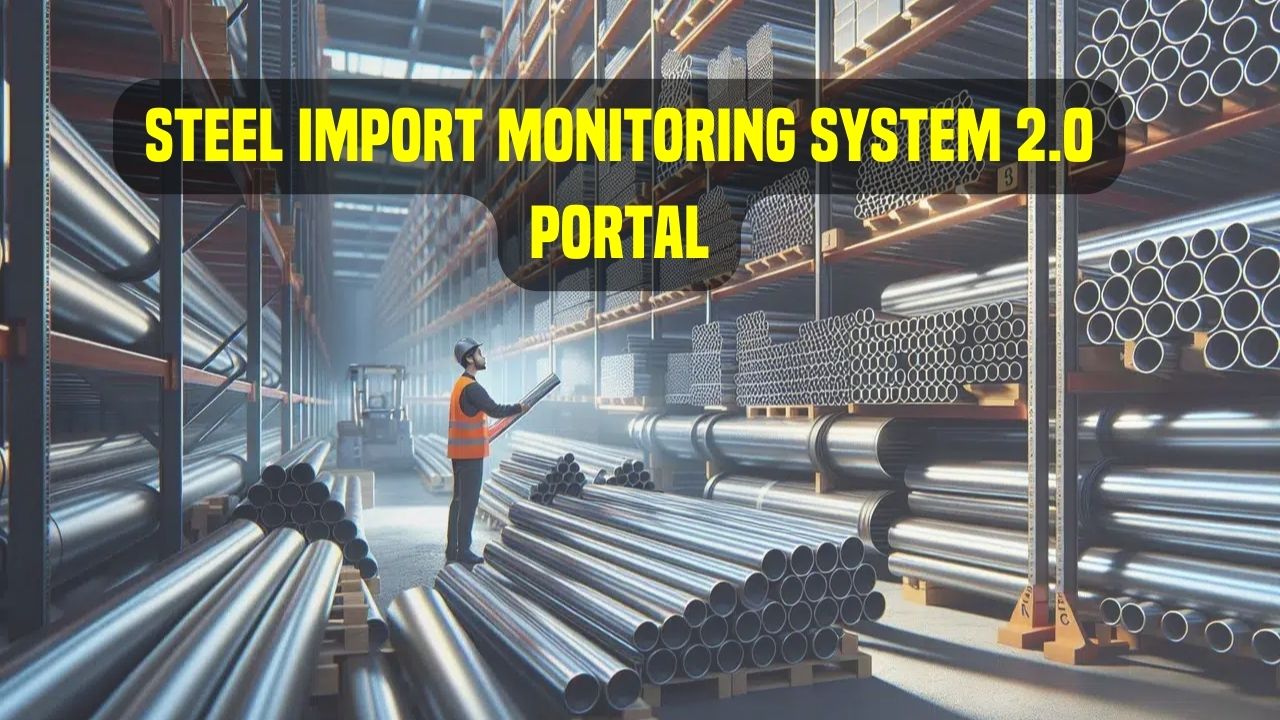Font size:
Print
Steel Import Monitoring System 2.0 Portal
Context:
- The Union Minister of Steel and Heavy Industries, recently unveiled the upgraded Steel Import Monitoring System (SIMS) 2.0.
- This portal aims to provide actionable intelligence to stakeholders, enabling effective decision-making and strategic planning in the steel industry.
Background:
- SIMS was introduced in 2019 to provide detailed steel import data.
- SIMS 2.0 is revamped based on industry feedback to improve monitoring and support the domestic steel industry’s growth.
- The system provides data for policy-making and identifies areas for production and growth.
Key Features of SIM2.0:
- Enhanced Data Entry System: It ensures consistent, authentic data, promoting transparency and accountability.
- API Integration: Interfaces with multiple government portals to enhance quality control and streamline processes.
- Stakeholders can now access comprehensive data for better risk management.
- Risk Management: Integrates various databases to identify and manage risks, such as preventing imports from unlicensed sources.
- Collaborative Effort: Between the Directorate General of Foreign Trade (DGFT), Bureau of Indian Standards (BIS), and MSTC Ltd., a CPSE under the Ministry of Steel.
- The Union Minister released the second volume of “Safety Guidelines for Iron and Steel Sector,” which includes guidelines for 16 processes in the iron and steel sector.
- It extends the work of the Steel Ministry of publishing 25 safety guidelines in 2020 covering specific risks.
- They are expected to improve both safety and productivity.
Significance:
The launch is part of the Government of India’s 100-day agenda.
Vision of Atmanirbhar Bharat:
Aims to bolster the domestic steel industry and achieve self-sufficiency in steel production.




